How To Empower More Women In STEM Fields
Whether it’s greater gender equity in tech and engineering, or opportunities for mentorship and training, it’s essential to create more opportunities for girls and women in STEM industries.
In traditionally male-dominated industries such as science, technology, engineering and math (STEM), gender stereotypes can be a barrier to women entering the workforce. To help change the landscape, today’s workplaces, educators and industry leaders need to lead by example.
Prioritizing inclusivity and championing equity regardless of gender from a young age can help fight gender bias. Technology can also level the playing field, helping foster a more diverse and equitable workforce. As the logistics industry continues to evolve, President of FedEx AMEA Kawal Preet shares valuable insights from her leadership experience and career in STEM.
Encouraged in science and technology from a young age
My dad is a civil engineer, and my mum has a Masters in Zoology, so science was something that I found myself instinctively attracted to. Growing up in India in the 1970s, gender stereotypes were very apparent. In my class of 60 pupils, I was one of only six girls.
In those early days, I was rarely exposed to role models who were women. Initially, my environment limited my imagination, but it also helped me find my voice. I was really bothered by why I was viewed as a minority and why being female made me different. That experience really shaped me, and it’s why I’m extremely passionate about encouraging women in every way possible.
After high school, I joined a college to study electrical engineering, attending the Maulana Azad National Institute of Technology, Bhopal. One way engineering has benefited me is that I really enjoy solving complex problems. I’m constantly thinking through structures and looking for patterns in the puzzle.
I've always been the kind of person who considers how things connect. And this mindset fits really well with my chosen profession - FedEx is a logistics network that connects the world. As an engineer, I love the idea of our whole network. For example, we kept commerce flowing when the pandemic struck.
Prioritizing inclusivity and championing equity regardless of gender from a young age can help fight gender bias. Technology can also level the playing field, helping foster a more diverse and equitable workforce. As the logistics industry continues to evolve, President of FedEx AMEA Kawal Preet shares valuable insights from her leadership experience and career in STEM.
Encouraged in science and technology from a young age
My dad is a civil engineer, and my mum has a Masters in Zoology, so science was something that I found myself instinctively attracted to. Growing up in India in the 1970s, gender stereotypes were very apparent. In my class of 60 pupils, I was one of only six girls.
In those early days, I was rarely exposed to role models who were women. Initially, my environment limited my imagination, but it also helped me find my voice. I was really bothered by why I was viewed as a minority and why being female made me different. That experience really shaped me, and it’s why I’m extremely passionate about encouraging women in every way possible.
After high school, I joined a college to study electrical engineering, attending the Maulana Azad National Institute of Technology, Bhopal. One way engineering has benefited me is that I really enjoy solving complex problems. I’m constantly thinking through structures and looking for patterns in the puzzle.
I've always been the kind of person who considers how things connect. And this mindset fits really well with my chosen profession - FedEx is a logistics network that connects the world. As an engineer, I love the idea of our whole network. For example, we kept commerce flowing when the pandemic struck.

But if you look at it, it's all about how we move the world and create the future. That network comes into play as we develop easy-to-use solutions for small and medium customers or driving digital transformation. Technology helps us make things easier not only for our customers, but also for our employees.
Overcoming stereotypes in a STEM career
It can feel frustrating to be a female minority in a STEM field. When I started my first job at an automobile manufacturing plant, I was treated with kid gloves. Some people asked very tentatively if it were possible for me to do a night shift and others questioned when I was going to get married.
These attitudes still persist and that’s exactly what I want to change. I think we've made significant progress since I was at school and that inspires me. I think it's the choices we make every day that take the world forward.
What we choose to believe in and what mindset we start with matters, whether we are at work, home or school. I also think sometimes it's our beliefs that limit our progress.
Stepping into leadership at FedEx
I've been really fortunate to have female role models around me at FedEx. If you look at the senior leadership in our team, you will see a range of gender and diversity, which is very encouraging.
At FedEx, we also have a people-first culture. People are looked after and given fair treatment with an open-door policy. That culture of respect and inclusion has always allowed me to speak up and express myself freely. I believe everybody should have a voice and feel comfortable at the table. And I am determined to continue creating that path for all the women around me.
Overcoming stereotypes in a STEM career
It can feel frustrating to be a female minority in a STEM field. When I started my first job at an automobile manufacturing plant, I was treated with kid gloves. Some people asked very tentatively if it were possible for me to do a night shift and others questioned when I was going to get married.
These attitudes still persist and that’s exactly what I want to change. I think we've made significant progress since I was at school and that inspires me. I think it's the choices we make every day that take the world forward.
What we choose to believe in and what mindset we start with matters, whether we are at work, home or school. I also think sometimes it's our beliefs that limit our progress.
Stepping into leadership at FedEx
I've been really fortunate to have female role models around me at FedEx. If you look at the senior leadership in our team, you will see a range of gender and diversity, which is very encouraging.
At FedEx, we also have a people-first culture. People are looked after and given fair treatment with an open-door policy. That culture of respect and inclusion has always allowed me to speak up and express myself freely. I believe everybody should have a voice and feel comfortable at the table. And I am determined to continue creating that path for all the women around me.
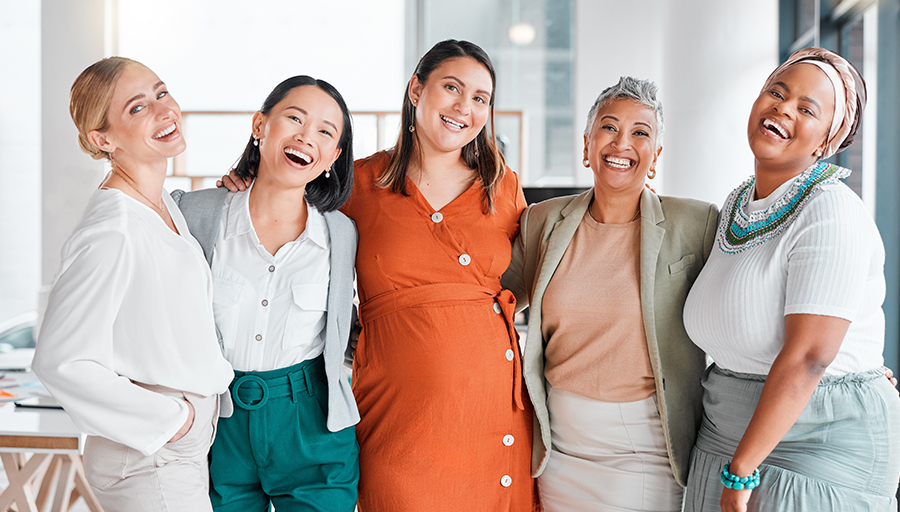
Digital innovation needs to help bridge the gender equality gap
The future of work is changing, and the rise of remote roles, hybrid work and increased access to technology is helping us access a much broader pool of talent – particularly women.
Women often assume the responsibility of primary caregivers for parents and kids. Although there is a lot more equality at home, that role can sometimes get in the way of a career.
The other thing about technology is that it is creating an abundance of opportunities for young people – men and women – to start their own e-commerce businesses.
RELATED: Female Solopreneurs In India Are Bouncing Back
There are so many wonderful examples of what you can achieve from your own home. You don't have to have a brick-and-mortar business anymore to be successful. We help companies go global by giving them the tools and support to sell anywhere in the world.
The use of AI, robotics and other new technologies really encourages women to think big, and shows them that there are no limits to our dreams. If you think about it, technologies are enabling democratization of opportunity. Data doesn't discriminate.
Like many male-dominated fields, the logistics industry is evolving
You see a lot more women in the industry now than when I started out over 25 years ago. I see more women now in areas like marketing, customer experience, sales and analytics. In operations, and on the front line, women are still a minority, but we are actively recruiting women and helping them to understand the business.
RELATED: Breaking Gender Bias: Meet The Women Of FedEx
Logistics has a long way to go before we achieve a healthy 50/50 balance. But in diversity, equity and inclusion, the industry has taken great strides in terms of access and opportunities.
When it comes to technology, the logistics industry has changed tremendously. It’s not just the number of solutions now on offer, but the ease of use, customer-centricity, and personalization of solutions. There’s a huge change from when I started. This year, we celebrated our 50th anniversary at FedEx and I was at FedEx when we celebrated our 25th.
Reflecting on our technological transformation, it’s mind-boggling remembering the devices we used then. Now, we’re improving complex processes and delivering more intelligent supply chains for our customers through machine learning, artificial intelligence, and other advanced analytical methods.
The future of work is changing, and the rise of remote roles, hybrid work and increased access to technology is helping us access a much broader pool of talent – particularly women.
Women often assume the responsibility of primary caregivers for parents and kids. Although there is a lot more equality at home, that role can sometimes get in the way of a career.
The other thing about technology is that it is creating an abundance of opportunities for young people – men and women – to start their own e-commerce businesses.
RELATED: Female Solopreneurs In India Are Bouncing Back
There are so many wonderful examples of what you can achieve from your own home. You don't have to have a brick-and-mortar business anymore to be successful. We help companies go global by giving them the tools and support to sell anywhere in the world.
The use of AI, robotics and other new technologies really encourages women to think big, and shows them that there are no limits to our dreams. If you think about it, technologies are enabling democratization of opportunity. Data doesn't discriminate.
Like many male-dominated fields, the logistics industry is evolving
You see a lot more women in the industry now than when I started out over 25 years ago. I see more women now in areas like marketing, customer experience, sales and analytics. In operations, and on the front line, women are still a minority, but we are actively recruiting women and helping them to understand the business.
RELATED: Breaking Gender Bias: Meet The Women Of FedEx
Logistics has a long way to go before we achieve a healthy 50/50 balance. But in diversity, equity and inclusion, the industry has taken great strides in terms of access and opportunities.
When it comes to technology, the logistics industry has changed tremendously. It’s not just the number of solutions now on offer, but the ease of use, customer-centricity, and personalization of solutions. There’s a huge change from when I started. This year, we celebrated our 50th anniversary at FedEx and I was at FedEx when we celebrated our 25th.
Reflecting on our technological transformation, it’s mind-boggling remembering the devices we used then. Now, we’re improving complex processes and delivering more intelligent supply chains for our customers through machine learning, artificial intelligence, and other advanced analytical methods.
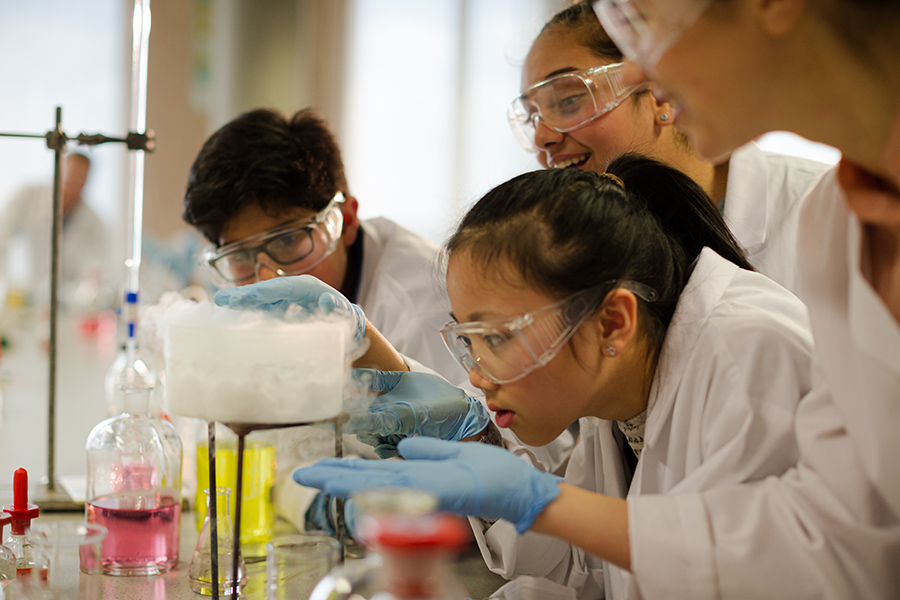
There are also changes in innovation. When FedEx started 50 years ago, our founder really transformed the industry, or rather, created one where it didn’t really exist.
Innovation has always been in our DNA, from how we’ve created better solutions for our customers to how we’ve improved the workplace for our employees. Today, we’re also making the world a better place by engaging with global sustainability challenges.
Looking ahead to even greater opportunities for women in STEM
I could never have imagined the opportunities on offer through pursuing a STEM career and learning engineering. It’s set me on an exciting path of growth across nine different roles since I started at FedEx. To make sure more women are empowered to pursue science or tech, we need to change mindsets from as early as possible, so young girls aren’t held back by self-limiting beliefs.
Opportunities are available to women in these fields, but they often need to push their way in. Through mentorship, education, access to technology and active talent recruitment, we can help all genders with a passion for STEM make their career dreams a reality.
A version of this article appeared in Post & Parcel on May 10, 2023.
Innovation has always been in our DNA, from how we’ve created better solutions for our customers to how we’ve improved the workplace for our employees. Today, we’re also making the world a better place by engaging with global sustainability challenges.
Looking ahead to even greater opportunities for women in STEM
I could never have imagined the opportunities on offer through pursuing a STEM career and learning engineering. It’s set me on an exciting path of growth across nine different roles since I started at FedEx. To make sure more women are empowered to pursue science or tech, we need to change mindsets from as early as possible, so young girls aren’t held back by self-limiting beliefs.
Opportunities are available to women in these fields, but they often need to push their way in. Through mentorship, education, access to technology and active talent recruitment, we can help all genders with a passion for STEM make their career dreams a reality.
A version of this article appeared in Post & Parcel on May 10, 2023.
***







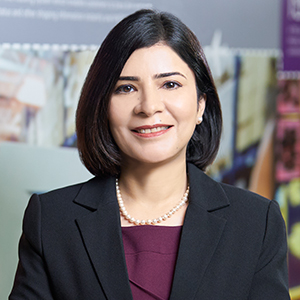
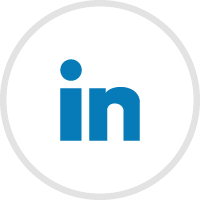


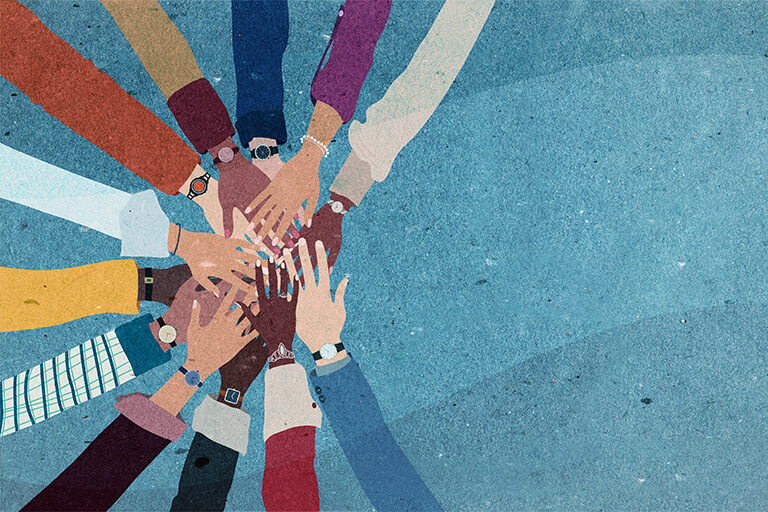
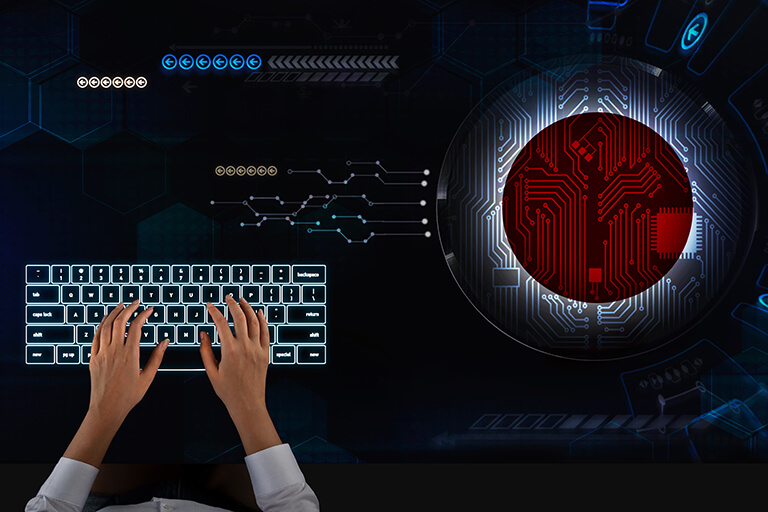
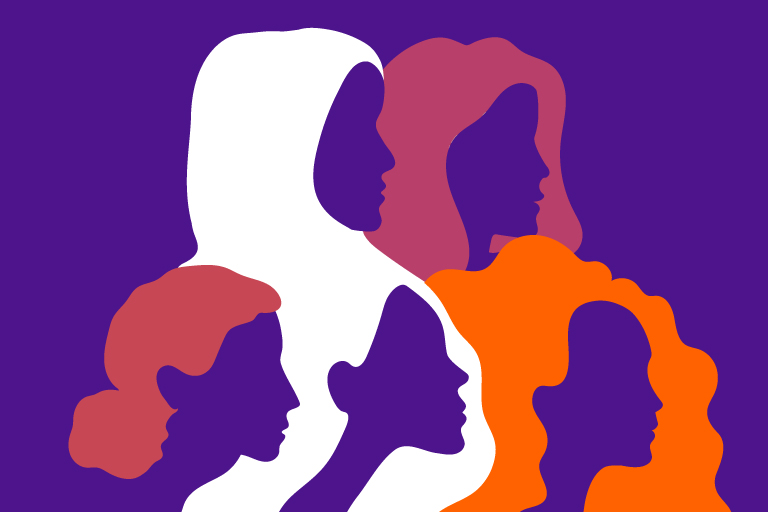


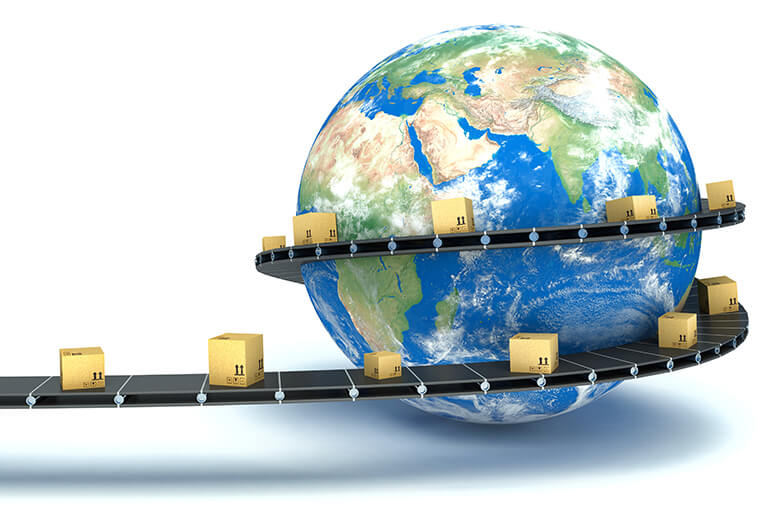



 The Latest
The Latest